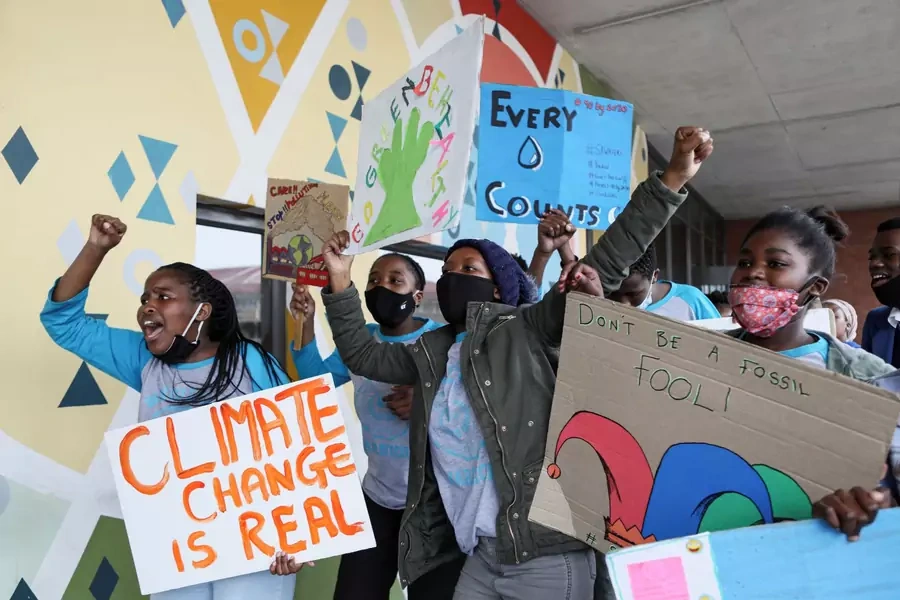Rejoining the Paris Agreement Is the Easy Part

In my weekly column for World Politics Review, I write about how the Biden administration's climate agenda will require dramatic domestic action from a deeply divided nation.
Last Wednesday, with a divided and anxious citizenry awaiting the outcome of an agonizingly close election, President Donald Trump voted for climate change, as the United States became the first nation to formally withdraw from the Paris Agreement. The good news is that Joe Biden, now the winner of the presidential election, can restore U.S. participation at the stroke of a pen. The bad news is that rejoining the pact won’t by itself do much to reduce greenhouse gas emissions. That will require dramatic domestic action from a deeply divided nation.
More on:
The Paris Agreement is the most impressive multilateral agreement ever reached to combat global warming. Negotiated at the 16th Conference of Parties to the U.N. Framework Convention on Climate Change in 2015, it commits signatories to hold the rise in average global temperatures from the pre-industrial era to 1.5 degrees Celsius, with 2 degrees Celsius as a fallback goal. Each country can determine how it will contribute to this goal, tailoring its actions to national circumstances. Parties further agree to review progress every five years, to “ratchet up” their efforts over time, and to provide poorer countries with $100 billion in climate financing. Unlike the 1997 Kyoto Protocol, it imposes obligations on developing and emerging countries rather than merely advanced economies.
Read the full World Politics Review article here.
More on:
 Online Store
Online Store